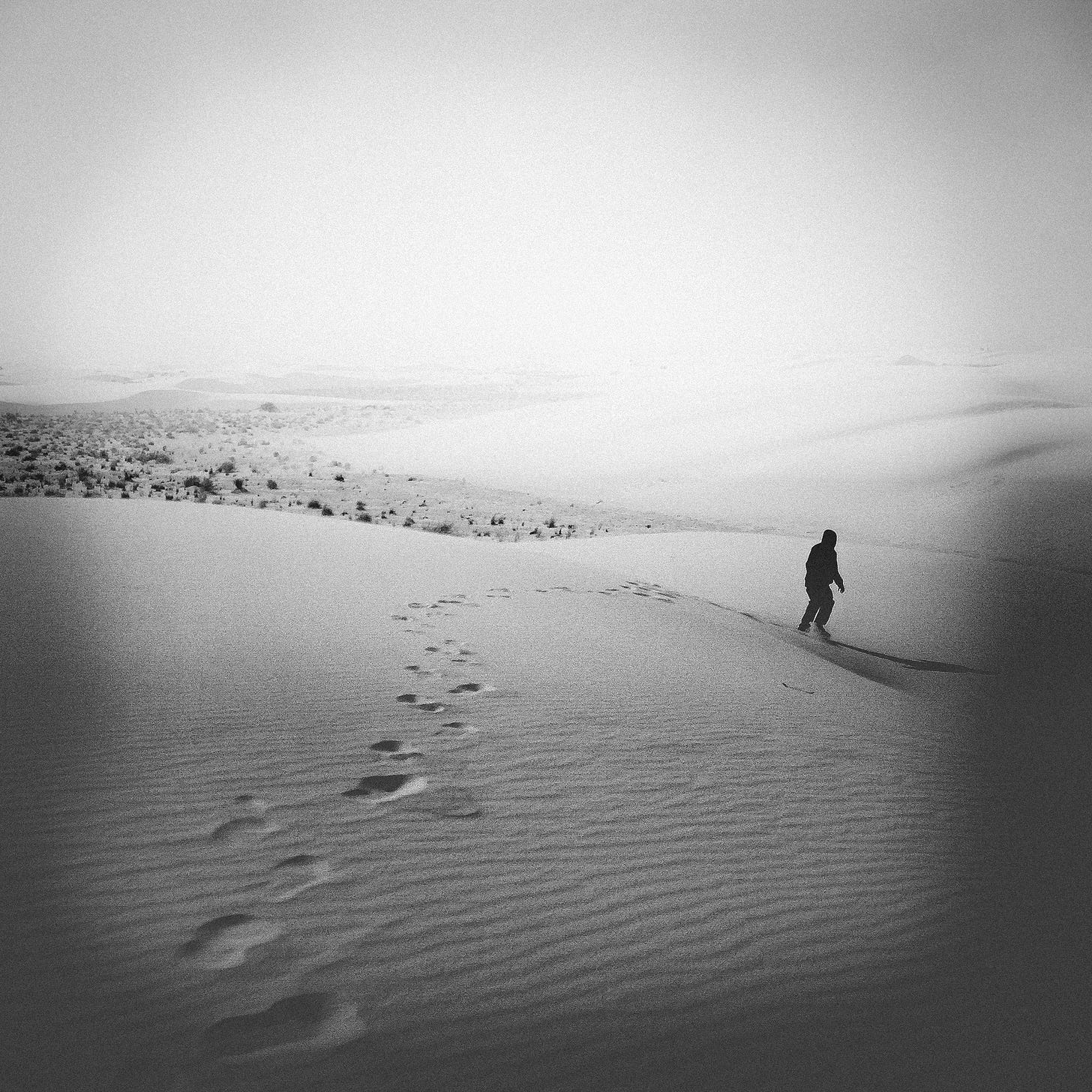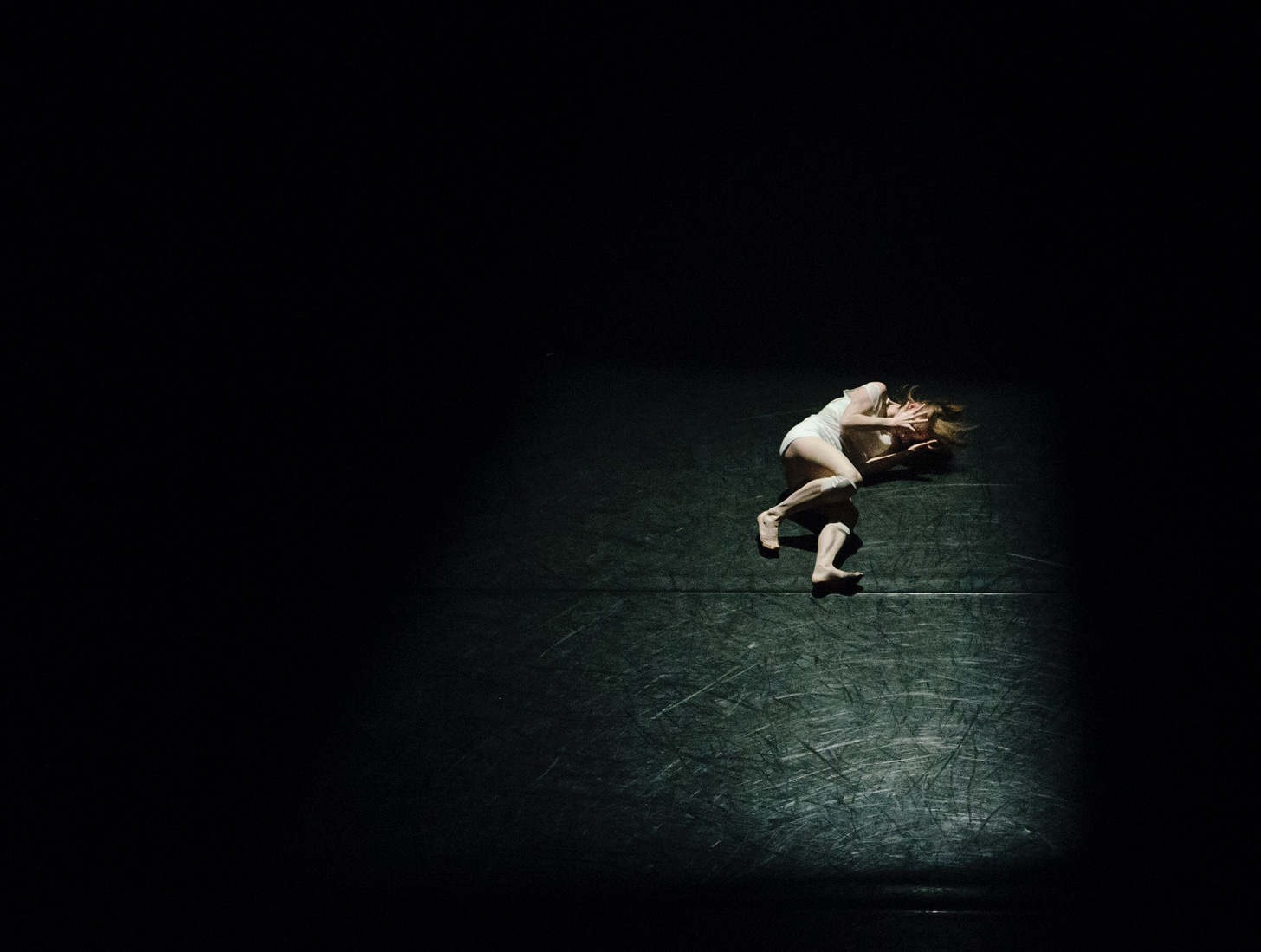The Waste Land
Sylvia and Andrés can’t escape Cold War fears after watching The Day After. Nightmares of nuclear fire and lost loved ones haunt them. Read their story.
The following is a draft of chapter thirteen in the novel The Desert Road of Night, inspired by the events outlined in the post Homecoming Queen.
November 20, 1983
Andrés was in bed and couldn’t sleep. Watching the made-for-TV movie The Day After had scared him. It made Andrés aware of powers beyond his control that could wipe away his existence with the push of a button. It seemed like the world was ending soon. A truck bomb had exploded a month earlier at the U.S. Marine barracks in Beirut, killing 241 U.S. service members stationed there to keep the peace during a civil war.
He said to himself, “Is this how it all begins?”
Nostradamus the Seer once wrote that the sky would burn and fire would approach the great new city. It was written in the stars. It must be true, and maybe this was it. To make a prediction so far into the future, it would be understandable for Nostradamus to be off by sixteen years. Instead of it being 1999, the sky would burn in 1983. The bombing in Beirut would trigger a chain reaction leading to nuclear war. Maybe the movie was a way of preparing the country for what was to come—giving everyone a glimpse of the wasteland that awaited if they were unlucky enough to survive the fire of a nuclear attack.
Andrés laughed at his overthinking. He turned on his nightlight and grabbed the first thing within reach—the latest issue of National Geographic. Petra had given it to him the day before, and it featured a spread of pictures taken of the Rio Grande Gorge outside Taos, New Mexico. The highlight was a stitched-together series of photos of the Milky Way Galaxy spread over the gorge’s opening. It was as though he was looking at the face of God with eyes like stars.
When Andrés tried to comprehend how long it took all that starlight to reach Mother Earth, everything seemed insignificant. He might wake up in the morning, or he might not. He might find himself surrounded by fire, or he might not. He might find himself fighting for his life, or he might not. Andrés was a powerless nothing with no control, and God was powerful and everything. Andrés would be gone one day, and the stars would always be there, as would God. This gave him comfort, touching on how small he was. In feeling his smallness, his fear became smaller than him. It was just as insignificant. Andrés smiled. He could now go to sleep.
Meanwhile, twelve miles to the south, Sylvia was in bed and couldn’t sleep. She was in a small room in an off-campus apartment she shared with her roommate in Morningside Heights. She had spent the night watching The Day After on TV. It scared her and further reinforced what she already knew: the world was an out-of-control chaotic mess, ready to explode, and she didn’t want to die. What was the point of law school if she was going to die?
Sylvia thought she heard sirens like the ones in the movie. She got up from her bed and rushed to the window. Expecting to see the sky red and on fire, she instead found only the bright city lights reflecting off the cloudy night, along with the usual sounds of police sirens blaring in the distance.
Sylvia took a deep breath, relieved.
It would be Thanksgiving on Thursday, and she was supposed to take a bus back home for the holidays. Birdie and her cousins would be there, but it would be the first Thanksgiving without her grandmother. Constance had fought so hard against ovarian cancer, and no matter how hard she fought, she still lost. Sylvia couldn’t get over how Constance’s once-powerful body ended up looking like one of the hollowed-out corpses in The Day After.
Sylvia dropped to the floor, collapsing and screaming from the realization that, in the end, the human body was like dirt.
There was nothing holy or sacred about dust. She rocked her body back and forth, bumping the back of her head against the wall, as she pictured Constance as one of the lost souls in Hades. The thought was unreal. Sylvia forced herself to think about something else.
She remembered a moment from earlier in the day. She was in the pharmacy, reading her horoscope—looking for signs—while waiting on a prescription when she noticed the copy of National Geographic with its starry cover on the magazine rack. She opened it to find a stitched-together series of photos of the Milky Way Galaxy over the Rio Grande Gorge. It was how Sylvia always imagined the entrance to the Underworld to be—an open crack on the surface of the plateau.
As she sat on the floor in the corner of her room, biting her nails and rocking her body back and forth, trying not to scream again, Sylvia was ready to go there, to the End of the World, to New Mexico, to the gorge, and be the hero in her story. Sylvia was ready to make her way to the Lord of the Dead, to make her case, to let her grandmother go, to move Hades and Persephone to tears because she needed Constance back. Even if Sylvia failed and died, what did it matter? Death would be the sweetest release. It would be peace.
There was no one left in the Cold War chaos who would protect and love her without question, no matter what. No one. No mother, no father, no grandmother. Sylvia kept crying and crying, as if every day since Constance died had been like the day after. She cried herself to sleep on the floor of her tiny room, and when she woke up the next morning, the feeling was still there—she wanted to die and not die. Sylvia wanted to sleep for a hundred years.
When Andrés woke up the next morning, he forgot the feeling of fear but couldn’t understand why he wanted to die and not die. Andrés wanted to keep sleeping for a hundred years.
My novel The Desert Road of Night, which explores many of the themes in my short stories, poems, and personal essays like this one, is available now on Amazon, Barnes & Noble, Smashwords, and most major retailers.
Want more? My Instagram isn’t where I write, but it’s where I share the images, music, and moments that shape the stories I tell. If you’re into the culture, the vibe, and the history behind these worlds, follow me @viktor.e.mares.






